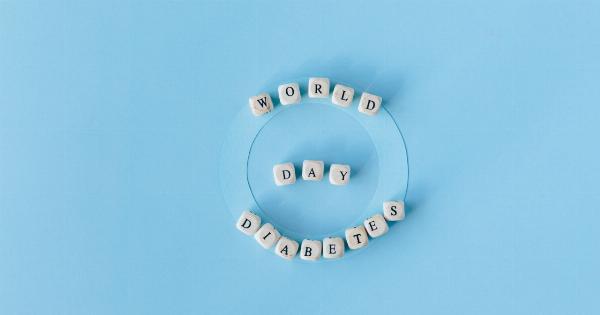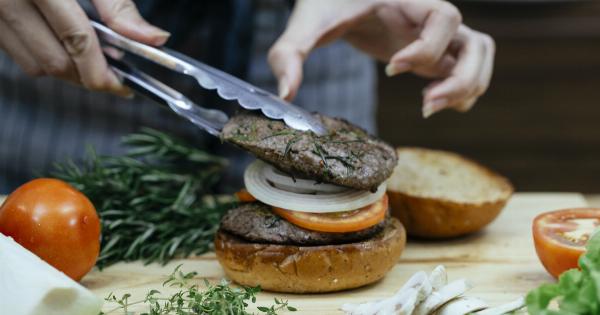Stroke is a serious medical condition that occurs when the blood supply to a part of the brain is interrupted or reduced, depriving brain tissue of oxygen and nutrients. It can lead to long-term disability or even death.
While there are various factors that can increase the risk of stroke, such as age, family history, and certain medical conditions, adopting a healthy diet that includes stroke prevention foods can significantly reduce the risk.
1. Leafy Greens
Leafy green vegetables, such as spinach, kale, and collard greens, are packed with nutrients like folate, potassium, and antioxidants, which have been linked to a reduced risk of stroke.
Including a generous portion of leafy greens in your meals can contribute to a 10% reduction in the risk of stroke.
2. Fish
Fatty fish, like salmon, mackerel, and sardines, are rich in omega-3 fatty acids, which have been shown to lower the risk of stroke.
Consuming fish at least twice a week can provide the necessary dose of these beneficial fats and contribute to stroke prevention.
3. Berries
Blueberries, strawberries, and other berries are excellent sources of antioxidants and anti-inflammatory compounds. Regularly consuming these colorful fruits has been associated with a lower risk of stroke and improved overall cardiovascular health.
4. Whole Grains
Whole grains, such as oats, brown rice, and quinoa, contain fiber and other nutrients that can help maintain a healthy heart and reduce the risk of stroke. Aim to include whole grains in your diet to benefit from their protective effects.
5. Nuts and Seeds
Almonds, walnuts, flaxseeds, and chia seeds are all examples of heart-healthy nuts and seeds. They contain various nutrients, including omega-3 fatty acids, fiber, and antioxidants, all of which contribute to stroke prevention.
Incorporate a handful of these into your daily snack routine.
6. Citrus Fruits
Citrus fruits, such as oranges, grapefruits, and lemons, are rich in vitamin C, fiber, and flavonoids. Consuming citrus fruits regularly can help improve blood flow, lower blood pressure, and reduce the risk of stroke.
7. Dark Chocolate
Yes, you read it right! Dark chocolate, with a high cocoa content (70% or more), is rich in antioxidants and flavonoids, which can improve blood flow, lower blood pressure, and decrease the risk of stroke.
However, moderation is key, as chocolate is still high in calories and should be consumed in small amounts.
8. Tomatoes
Tomatoes are a great source of lycopene, an antioxidant that gives them their vibrant red color. Lycopene has been linked to a reduced risk of stroke and other cardiovascular diseases.
Incorporate tomatoes into your diet, whether fresh or in the form of sauces and salsas.
9. Olive Oil
Replacing unhealthy fats, such as butter and margarine, with heart-healthy olive oil can lower the risk of stroke. Olive oil contains monounsaturated fats, which can help reduce inflammation and maintain healthy blood vessels.
10. Beans and Legumes
Beans and legumes, such as lentils, chickpeas, and black beans, are rich in fiber, protein, and various nutrients. Regular consumption of these plant-based sources of protein can contribute to a decreased risk of stroke and improved overall health.
Conclusion
While there is no foolproof way to prevent a stroke, adopting a diet that includes stroke prevention foods can significantly reduce the risk.
Leafy greens, fish, berries, whole grains, nuts and seeds, citrus fruits, dark chocolate, tomatoes, olive oil, and beans are all excellent choices that can contribute to a 10% reduction in the risk of stroke. Remember to consult with a healthcare professional or a registered dietitian to personalize your diet and make it suitable for your individual health needs.



























